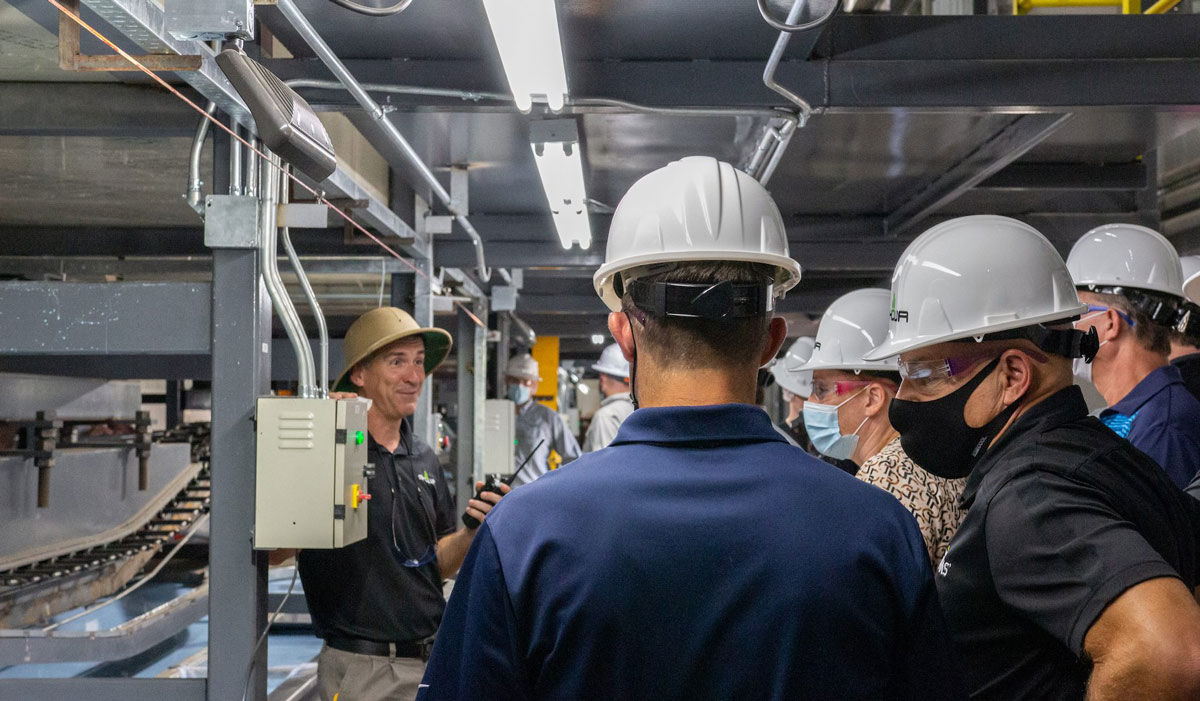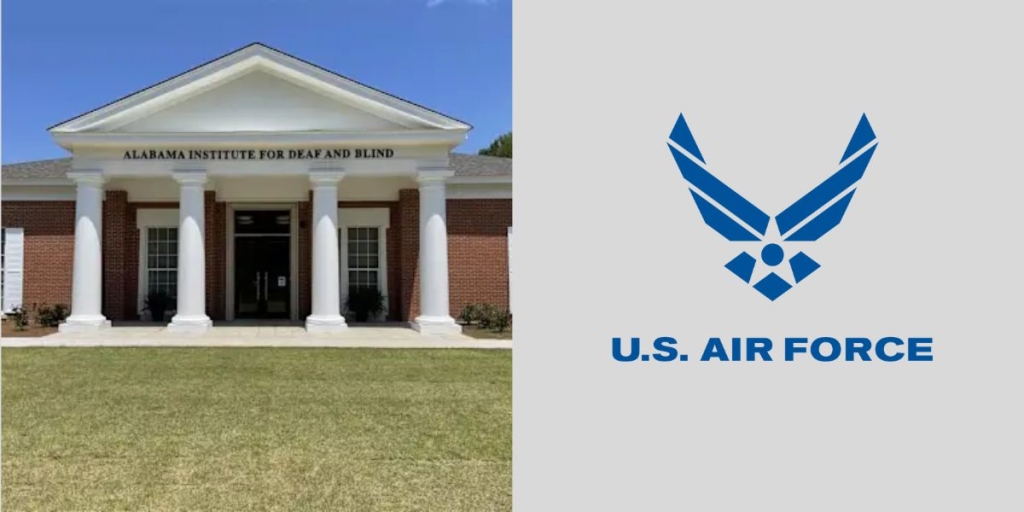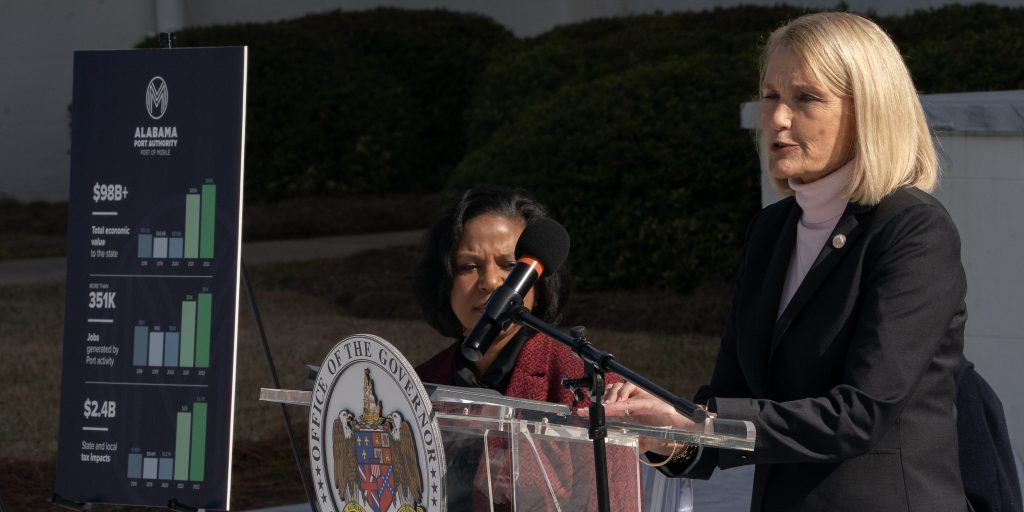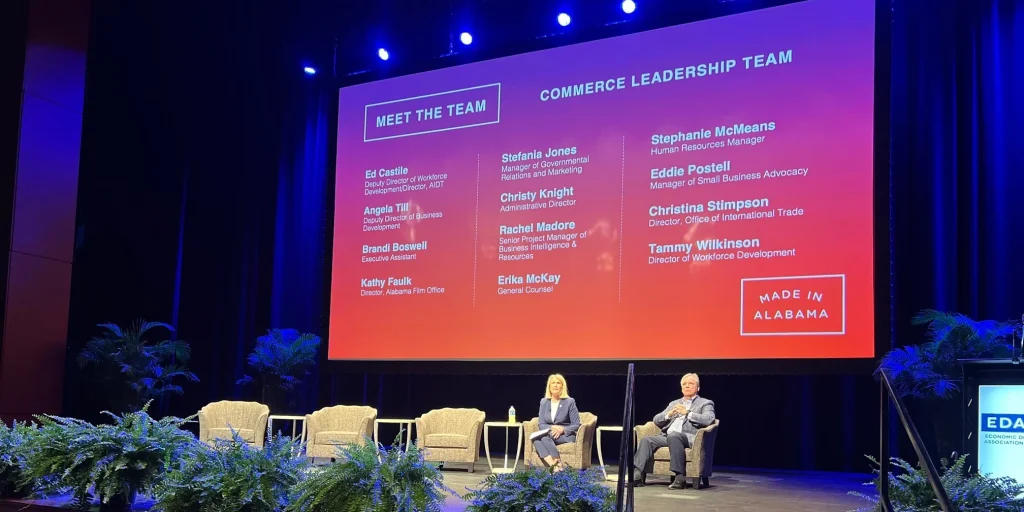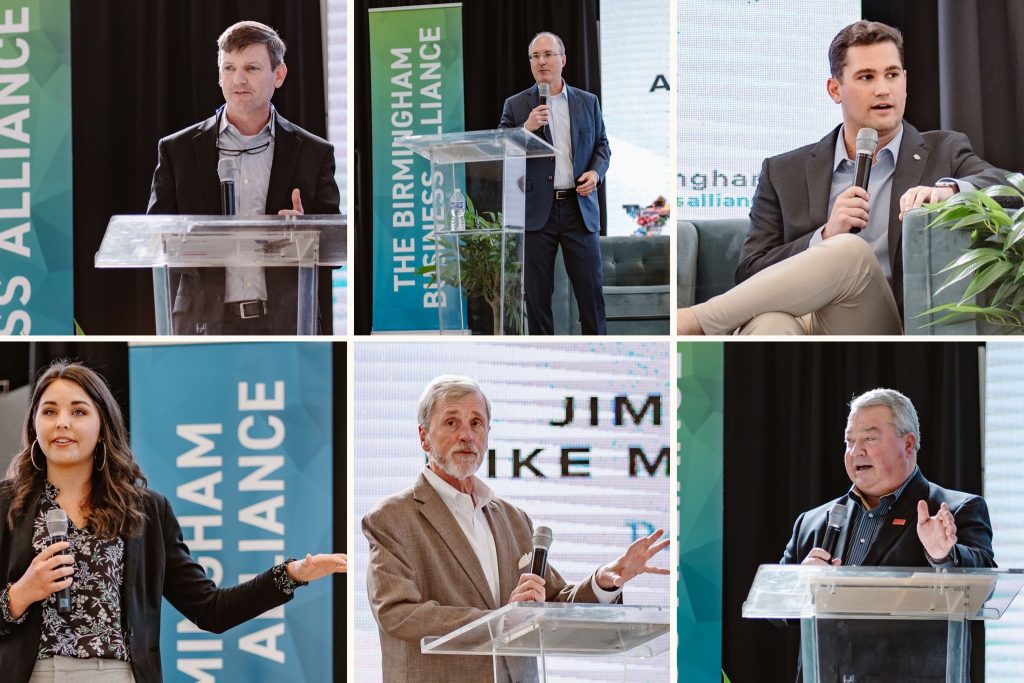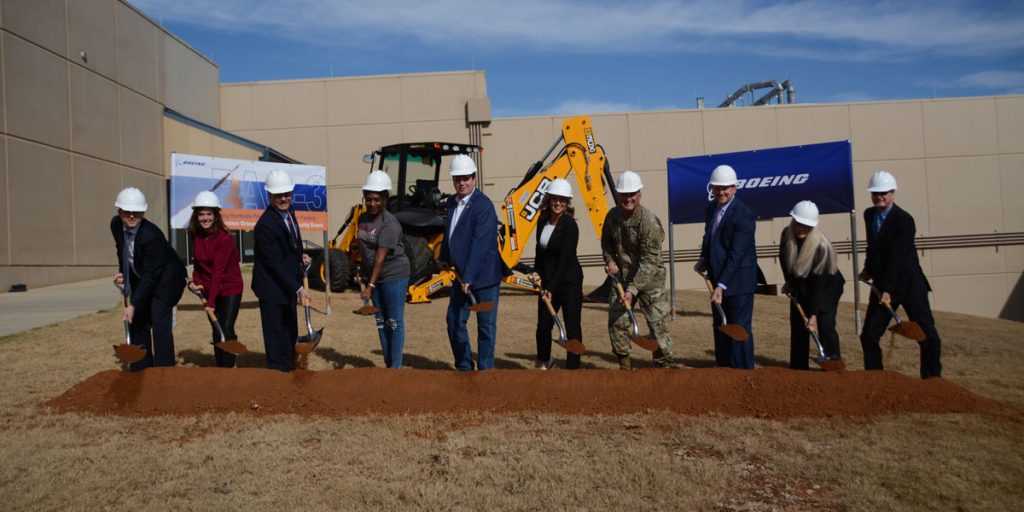GUIN, Alabama – Three rural counties in Northwest Alabama are adding new jobs and investments within their diverse industrial bases, and more economic growth is on the horizon for the region.
Fayette, Lamar and Marion Counties, which make up the Northwest Alabama Economic Development Alliance, last year announced a combined five new projects and three expansions, for a total of 530 jobs and $26.6 million in investment, according to Alabama Department of Commerce data.
Companies involved in the moves included manufacturers of building materials, healthcare products and household goods.
Other major employers in the area include homebuilders, lumber mills, metal fabricators, various distributors and suppliers to the automotive and housing industries.
The region offers notable advantages for business and industry, said Tom Wisemiller, president and CEO of the Northwest Alabama EDA.
It is situated between several major metro areas, including Birmingham, Huntsville, Memphis and Nashville, and it has several exits and prime industrial sites on Interstate 22 connecting Birmingham and Memphis.
I-22, under development for decades and completed about five years ago, has a lot of untapped potential, Wisemiller said. That’s particularly true when it comes to the auto industry, with nearby automotive assembly plants, such as Mazda Toyota in Huntsville, Mercedes-Benz in Tuscaloosa and Toyota in Blue Springs, Mississippi.
“If you look at where the automotive OEMs and the Tier 1 suppliers are in the Southeast, there’s a donut hole in our area,” he said. “But I-22 is here and has the potential to take off going forward.”
Other advantages for new industry are competitive business costs and a wide network of support, Wisemiller said.
“I think all of the communities here stand ready to work with businesses and make projects happen,” he said.
GROWTH POTENTIAL
Wisemiller joined the Northwest Alabama EDA in April, bringing 15 years of economic development experience from jobs in Ohio, North Carolina and Virginia.
In his most recent position as development project coordinator with the Marysville, Ohio–Union County Economic Development Office, he led efforts to attract and retain industrial jobs in the rural/suburban Columbus region. He played a key role in bringing a Spanish auto supplier to Marysville and helped secure a $1.6 million grant for a new Class A industrial spec building.
In addition to the automotive industry, Wisemiller sees growth potential surrounding the region’s existing cluster of manufactured housing companies and makers of related goods like cabinets and roofing materials.
In June, Trachte Building Systems announced plans to expand its Roof Mart facility in Vernon. The company, which manufactures steel self-storage systems, said the project will bring 70 new jobs and $11.5 million in building upgrades, machinery and equipment.
Another recent expansion in the region has been at the SHOWA Group factory in Fayette, the nation’s only domestic producer of single-use nitrile gloves. SHOWA is tripling output of its gloves, which are made from a hypoallergenic synthetic rubber that is an alternative to latex. It’s also ramping up hiring, with 80 jobs still to be filled.
Last Friday, SHOWA marked the opening of its new state-of-the-art facility in Fayette, where production will ultimately reach 1.2 billion gloves per year. The $35 million project has made SHOWA the largest U.S. producer of single-use nitrile gloves.
Meanwhile, new projects include Resource Fiber’s engineered bamboo products plant in Sulligent, hand sanitizer maker Bama Bio-Tech in Vernon and manufactured housing company Timber Creek Homes in Bear Creek.
Greg Canfield, Secretary of the Alabama Department of Commerce, said the growth of the existing industrial base in Fayette, Lamar and Marion Counties provides a strong foundation for new business.
“The job growth and additional investments in a diverse range of industries are a reflection of the quality workforce and supportive communities in this region of Alabama,” Secretary Canfield said.
“New businesses take note of these success stories, and they are indeed one of our most powerful economic development tools.”
DIVERSE STRENGTHS
Other employers in the region also are expanding.
In Fayette, for example, most manufacturers have added employees this year, said the city’s mayor, Rod Northam.
Among them are TBEI/Ox Bodies, which manufactures dump truck beds and mounts them to the chassis to ship to customers. Other companies with recent growth include Fayette Fabrication, maker of metal racks used on automotive assembly lines, and Phifer Wire, a leading producer of wire screen and mesh.
In addition, the Georgia Pacific plant, recently acquired by Interfor Corp., has added staff to its lumber production facility.
Northam said the region’s diverse industrial footprint is one of its strengths.
“When there are swings in the economy, not all of these sectors are affected in the same way,” he said.
Another strength of the region is a flexible, well-trained workforce.
“There is great community pride to contribute to the success of the businesses in Northwest Alabama,” Northam said. “The citizens and community leaders are engaged to do all possible to support these industries and help drive success that will in turn provide long-term opportunities for generations to come.”
Wisemiller said the Northwest Alabama EDA and its stakeholders across the region are refining its marketing and branding and also updating the organization’s website in an effort to tackle new growth goals.
“We’re diving into some new strategies and have a goal of making new investments in products, such as industrial sites and buildings,” he said.
“There’s great potential to grow here, and we’re excited about it.”
(Courtesy of Made in Alabama)




